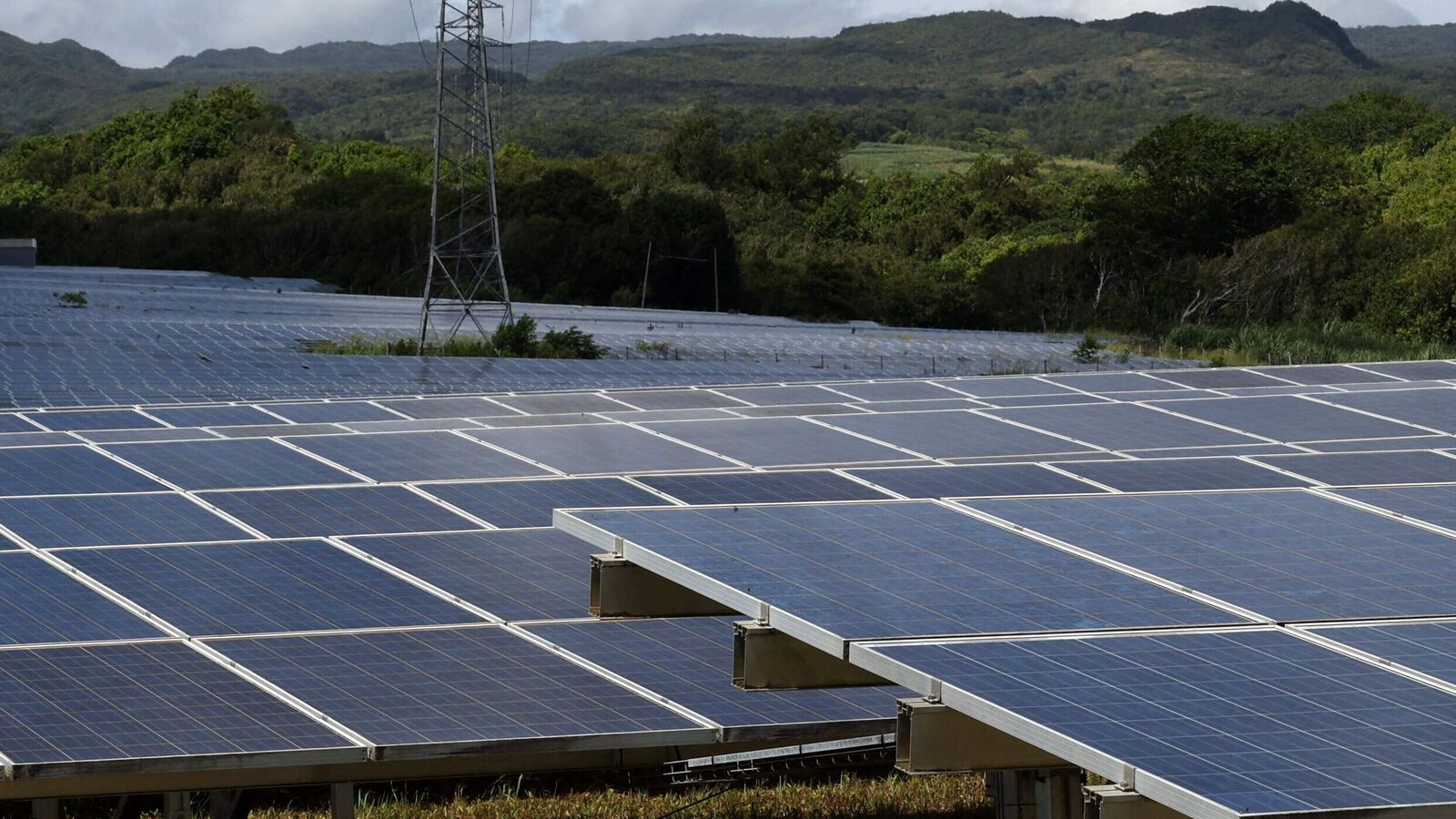Bank of America Corp. (BofA) is running the sale process for the deal, which has an equity value of around $163 million, and it is expected to be completed by February.
Mint reported on 28 December 2023 that Actis is one of the firms interested in the Stride platform, which has more than 415 megawatts (MW) of renewable assets in India. The other interested buyers were Gentari Sdn, a subsidiary of Malaysia’s state-run Petronas and Sekura Energy Ltd, backed by Edelweiss Infrastructure Yield Plus Fund.
Moneycontrol reported on 19 October that Actis is edging ahead of other suitors and emerging as the frontrunner to acquire Stride.
“The SPA has been inked with the Stride’s sale process expected to be completed by February-end,” said one of the two people on the condition of anonymity.
Renewable energy market
This comes as Macquarie is bringing back its Green Investment Group (GIG) platform—Vibrant Energy—for sale and has appointed Standard Chartered to run the process. It had earlier mandated JPMorgan to sell Vibrant Energy at an equity value of around $250 million. However, the plan was dropped over a valuation mismatch.
“The market has slightly improved. Also, no large renewable energy platform is available for sale following the O2 Power deal in December 2024. In addition, when the Vibrant Energy transaction was launched, the operational capacity was around 400MW, which has now gone up to around 900MW, taking away the early-stage risk and resulting in a better-expected premium,” said the first person.
The transaction is expected to be launched by March-April, the person added.
Vibrant Energy has a 1.5-gigawatt (GW) portfolio in the commercial and industrial (C&I) sector. India’s C&I segment has attracted strong investor interest, driven by the nation’s projected green energy trajectory, as well as rules allowing large power users to source energy from the open market than from the costlier grid. C&I projects are also shielded from risks such as power procurement curtailment by state-run power distribution firms.
JSW Energy Ltd’s subsidiary JSW Neo Energy Ltd announced in December that it would buy European alternative asset manager EQT and Singapore’s Temasek-owned O2 Power, which has a 4.69GW portfolio, for an enterprise value of $1.47 billion.
EQT and Temasek hold 51% and 49%, respectively, of O2 Power and have invested $500 million in the company founded by former ReNew Power executives Parag Sharma, Peeyush Mohit, and Rakesh Garg.
Spokespersons for Macquarie Group, Bank of America Corp., Edelweiss, Standard Chartered and JP Morgan declined to comment.
“We cannot comment on deal speculation,” said an Actis spokesperson in an emailed response.
Queries emailed on Sunday night to the spokespersons of Gentari and Petronas remained unanswered till press time.
Green energy demand
Given the country’s ever-increasing demand for power, India’s green energy space has witnessed tremendous interest. India has a renewable energy capacity of 217.62GW, with the country adding 24.5GW of solar capacity and 3.4GW of wind capacity in 2024.
According to analysts, India’s green energy trajectory will continue to grow.
“India Ratings and Research (Ind-Ra) expects all-India energy requirement to grow 5%-5.5% year-on-year during 2024-25, with incremental capacity additions of 30-35GW, largely led by renewables,” said the agency in a 21 January report, adding: “The renewable energy capacity addition is expected to gain further traction in view of a strong pipeline (largely solar) and contribute 35%-40% to the generation mix by 2030.”
“Ind-Ra expects 25-28GW of renewable energy capacity addition this fiscal (9MFY25: 18.8GW), largely under solar. Furthermore, Ind-Ra expects the share of renewable energy sources to reach 55%-60% of the total capacity installed by 2029-30 (FY24: 43%; FY23: 41%) and contribute 35%-40% to the total generation (FY24: 21%; FY23:23%). Land acquisition, connectivity and adequate evacuation/transmission infrastructure remain critical for capacity additions,” said the report.
India’s playbook is to add 50GW of green energy capacity annually to reach 500GW of renewable capacity by 2030.
“A defining characteristic of solar additions in 2024 was the substantial 25% share of non-utilities, surpassing historical precedents. Rooftop solar installations surged by 4.6GW, reflecting a remarkable 53% year-on-year growth, while off-grid solar witnessed a 197% expansion. This escalating prominence of the non-utility segment can be attributed to a combination of factors, including a low initial base, supportive government policies stimulating both residential and C&I sectors, and enhanced affordability of distributed solar solutions,” wrote SBI Capital Markets Ltd in a 15 January report.
“C&I entities collectively constitute three-fourths of the installed rooftop capacity. This ecosystem flourishes due to the inherent disparity between elevated C&I grid tariffs and reduced tariffs procured from third-party IPPs (independent power producers)/captive plants,” the report added.
Macquarie Group, one of the largest foreign infrastructure investors in India, has been investing in the country’s infrastructure space since 2008 and has invested $2.5 billion in equity capital in energy transition, infrastructure and digital communications.
In another development, Netherland’s top pension fund APG, Japan’s Marubeni Corporation, Canada Pension Plan Investment Board (CPPIB), and United Arab Emirates’ Mubadala Investment Co., among others, have evinced interest in investing in Macquarie Asset Management’s $200 million equity fundraising for its Indian fleet electrification platform Vertelo, Mint reported earlier.
Actis,Macquarie,Stride,green energy,Renewable energy,General Atlantic,Stride Climate Investments,Vibrant Energy
#Actis #signs #agreement #buy #Macquaries #Stride #platform



